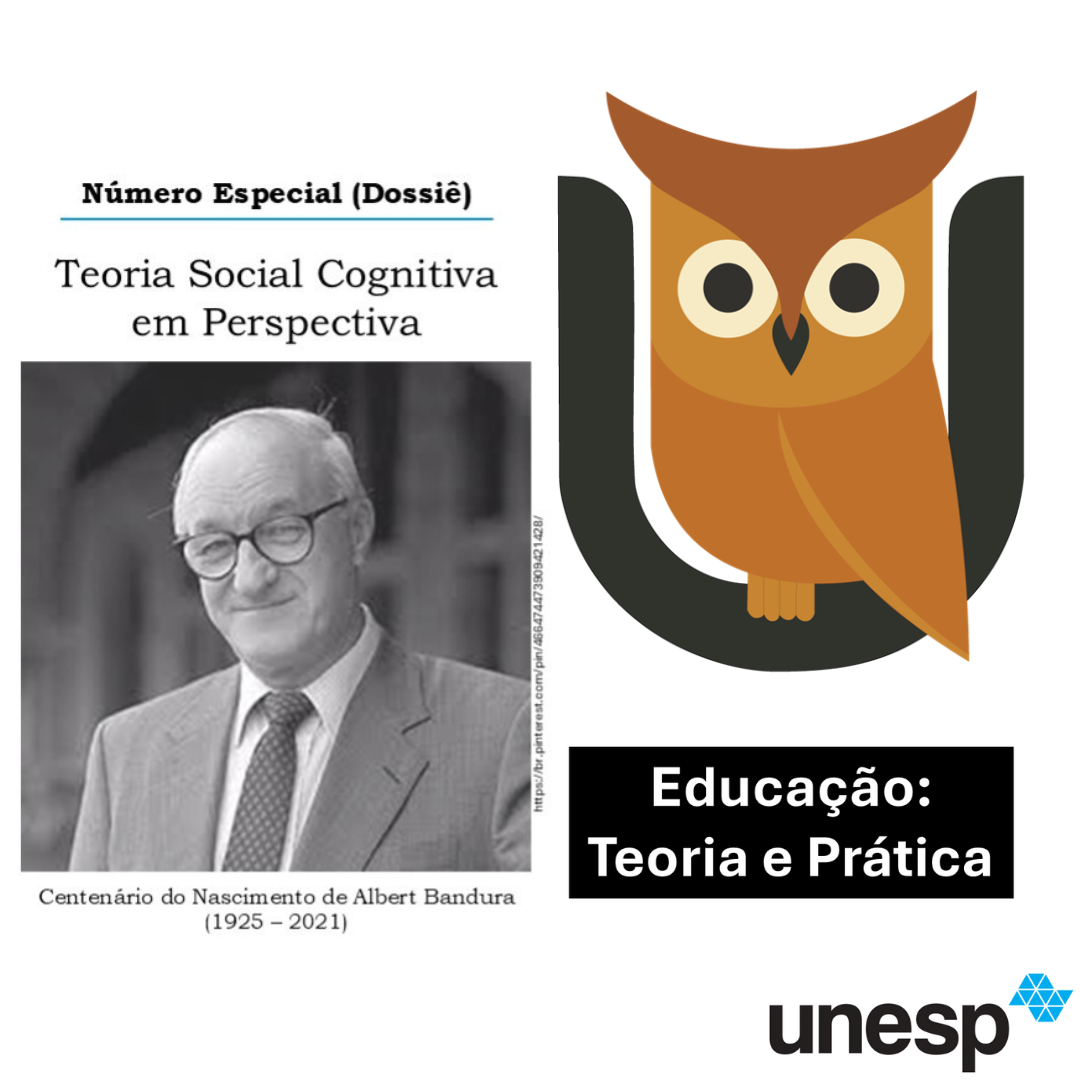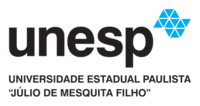Contributions of Albert Bandura to Education
DOI:
https://doi.org/10.18675/1981-8106.v35.n.70.s18997Palavras-chave:
Social cognitive theory. Self-efficacy. Observational learning. Self-regulation.Resumo
Albert Bandura ranks as one of the greatest psychologists of all time. His contributions to psychology are too numerous to list in a short article. Notably, he developed social cognitive theory from its forerunner social learning theory that was heavily behaviorally based. By including cognitive and affective variables in social cognitive theory, Bandura greatly expanded the scope and applicability of social cognitive theory. The expanded theory also incorporated self-regulation, and importantly, introduced the construct self-efficacy. In this article we highlight three of Bandura’s contributions to education: modeling and observational learning, self-efficacy, and self-regulation. Contributions in these areas are especially noteworthy because they have affected theory development, research, and practice. We initially discuss the conceptual framework of social cognitive theory grounded in reciprocal interactions among personal, behavioral, and environmental influences. We then cover modeling and observational learning, self-efficacy, and self-regulation. For each we discuss theory and supporting research evidence, along with some applications. The article concludes with suggestions for future research.
Referências
BANDURA, A. Self-efficacy: the exercise of control. New York: Freeman, 1997.
BANDURA, A. Self-efficacy: toward a unifying theory of behavioral change. Psychological Review, v. 84, n. 2, p. 191-215, 1977a.
BANDURA, A. Social foundations of thought and action: a social cognitive theory. Englewood Cliffs, NJ: Prentice Hall, 1986.
BANDURA, A. Social learning theory. Englewood Cliffs, NJ: Prentice Hall, 1977b.
BANDURA, A.; ROSS, D.; ROSS, S. A. Imitation of film-mediated aggressive models. Journal of Abnormal and Social Psychology, v. 66, n. 1, p. 3-11, 1963.
BANDURA, A.; WALTERS, R. H. Social learning and personality development. New York: Holt, Rinehart & Winston, 1963.
SCHUNK, D. H. Learning theories: an educational perspective. 8th ed. Hoboken, NJ: Pearson Education, 2020.
SCHUNK, D. H. Peer models and children’s behavioral change. Review of Educational Research, v. 57, n. 2, p. 149-174, 1987.
SCHUNK, D. H. Social cognitive theory. In: HARRIS, K. R.; GRAHAM, S.; URDAN, T. (ed.). APA educational psychology handbook. Vol. 1: Theories, constructs and critical issues. Washington, DC: American Psychological Association, 2012. p. 101-123.
SCHUNK, D. H.; DIBENEDETTO, M. K. Self-efficacy and human motivation. In: ELLIOT, A. J. (ed.). Advances in motivation science. Oxfordshire, England: Elsevier, 2021. pp. 153-179.
SCHUNK, D. H.; ZIMMERMAN, B. J. Social origins of self-regulatory competence. Educational Psychologist, v. 32, n. 4, p. 195-208, 1997.
ZIMMERMAN, B. J. Becoming a self-regulated learner: An overview. Theory into Practice, v. 41, n. 2, p. 64-70, 2002. Disponível em: https://doi.org/10.1207/s15430421tip4102_2. Acesso em: 15 jan. 2025.
ZIMMERMAN, B. J.; SCHUNK, D. S. Albert Bandura: the scholar and his contributions to educational psychology. In: ZIMMERMAN, B. J.; SCHUNK, D. H. (ed.). Educational psychology: a century of contributions. Mahwah, NJ: Erlbaum, 2003. p. 421-457.
Downloads
Publicado
Como Citar
Edição
Seção
Licença
Os Autores que publicam nessa revista concordam com os seguintes termos:
a) Os autores cedem os direitos autorais à revista, com o trabalho simultaneamente licenciado sob a Creative Commons Attribution License que permite o compartilhamento do trabalho com reconhecimento da sua autoria e publicação nesta revista.
b) A política adotada pela Comissão Editorial é a de ceder os direitos autorais somente após um período de 30 meses da data de publicação do artigo. Transcorrido esse tempo, os autores interessados em publicar o mesmo texto em outra obra devem encaminhar uma carta à Comissão Editorial solicitando a liberação de cessão dos direitos autorais e aguardar resposta.
c) Esta revista proporciona acesso público a todo o seu conteúdo, uma vez que isso permite uma maior visibilidade e alcance dos artigos e resenhas publicados. Para maiores informações sobre esta abordagem, visite Public Knowledge Project, projeto que desenvolveu este sistema para melhorar a qualidade acadêmica e pública da pesquisa, distribuindo o OJS assim como outros softwares de apoio ao sistema de publicação de acesso público a fontes acadêmicas. Os nomes e endereços de e-mail neste site serão usados exclusivamente para os propósitos da revista, não estando disponíveis para outros fins. This journal provides open any other party  Esta obra está licenciada sob uma Licença Creative Commons
Esta obra está licenciada sob uma Licença Creative Commons










